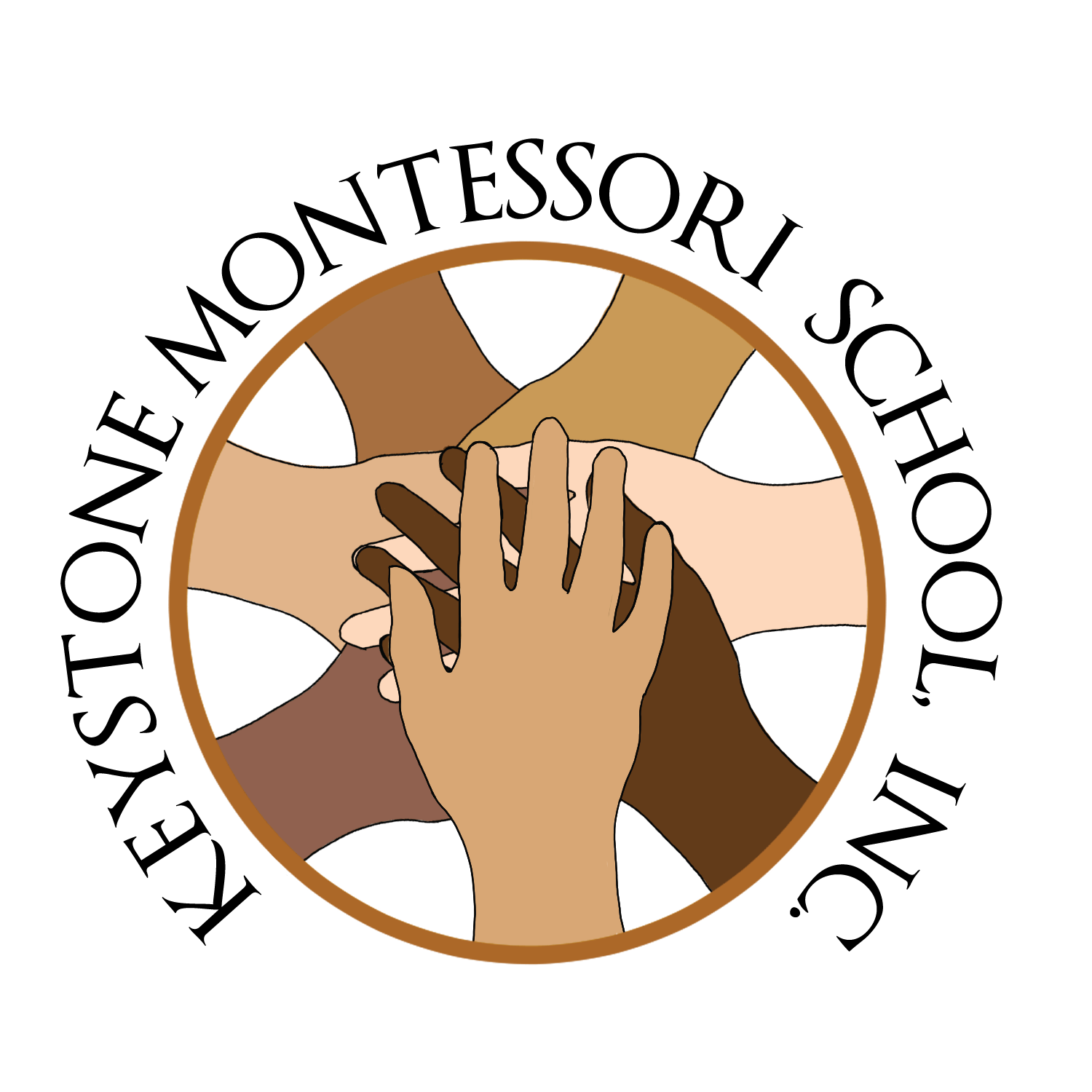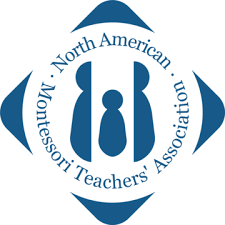
Upper Elementary
9 - 12 years
8:15 am - 3:15 pm
Full-time (5 days a week)
Our Elementary program at Keystone Montessori School is a six year plan of study following the curriculum created by Italian physician, Dr. Maria Montessori (1870-1952), for children in what she termed the "second plane of development." Developmentally, physically and emotionally, Upper Elementary students (ages 9-12) are transitioning into adolescence. Children in this age group are very similar to one another, although they present themselves in various ways. They are beginning to demand their independence, but still require emotional and organizational support. Our program is characterized by an emphasis on self-directed inquiry on the part of the child, immersion in a 'prepared environment' by the teacher as a springboard for learning, and the use of self-correcting materials that introduce complex and abstract concepts concretely.
Peace Education
Maria Montessori recognized children as the redeeming factor in the evolution of humankind. Peace education is a huge emphasis in our Elementary program as we aim to teach children to be self confident global citizens ready to be tomorrow’s decision makers and responsible citizens of our planet.
We aim to foster each child’s ability to recognize and act upon injustice, as well as to respect and cultivate diversity.
Practical Life
Upper Elementary students are developing connections to a larger, more abstract world. Their interest in others and the world broadens, developing a stronger sense of responsibility to the world community. Practical life activities at this age are much less concrete. Students plan, monitor, assess and organize their academic and social work and independent progress in written workplans and during weekly teacher-child conferences. In weekly community meetings, they voice their opinions, suggest improvements and problem solve as well as accept and give appreciations to others, through kind words and acts of service.
Math
As Upper Elementary students graduate from the sophisticated Montessori math materials and venture into less concrete subjects, they begin to do computations abstractly and leave the materials behind. Much of the materials are an extension of the earlier years. They begin their independent work by expanding polynomials and work through calculating in various numeration systems within a three year time frame, and as a parallel work, focus on concepts and procedures for work with fractions, decimals, percents, and calculating area, volume and surface area.
History & Geography
The Upper Elementary history and geography curriculum are deeply interconnected. Our history program includes three levels of lessons that build upon one another: human evolution, world civilizations and early American history. In our geography program, students complete an independent self paced comprehensive study of the world, including basic mapping skills, latitude and longitude, legends and scales on maps, and the history of map making.
Science
By the Upper Elementary years, most children have a basic understanding of the scientific method, scientific classification and believe themselves to be critical thinkers who can identify, explore, question and make connections. Most of the curriculum taught are integrated through the other cultural subject areas and include geology, the big-bang theory, origins of the universe, states of matter, scientific process & conducting experiments, photosynthesis and aerodynamics, energy, laws of attraction & gravity as well as the sun & solar system.
Language
Upper Elementary students begin to handle and express complex thoughts since they are moving into abstract reasoning. They learn to examine evidence, listen to differences in opinion, think about options, and make connections between other areas of learning as well as personal experience. They need to work individually yet thrive in group settings with peers. Making themselves heard and knowing others personally are the utmost priorities at this age. We build on these developmental changes by integrating skill development with opportunity for self expression.
Anti-Bias Education
At KMS, children of all ages explore their own selves and focus on their unique strengths and individualities. They interact in a considerate and empathetic manner with others. We focus on topics such as the integration of community service and service learning projects, development of emotional vocabulary to facilitate communication, honoring the light inside each person, conflict resolution, community building, appropriate social skills and self regulation of stress through activities such as yoga, guided meditation and making silence.
Going Out
Exploring and utilizing the world outside the classroom are integral components of the Keystone “going out” philosophy. Children participate in an array of field trips each year. As the students become mature and display appropriate levels of independence, they are encouraged to “go out” and complete their work.
“Going out” is a Montessori term that is designed to foster independence and resourcefulness, and to give children real life experience outside of the classroom. These practical life experiences place the responsibility on the student and help them practice communication and organizational techniques.
Specials: Spanish, Music, Art, Physical Education
Keystone Montessori is proud to offer Elementary children many opportunities to participate in activities enriching for the mind and body. The physical education program focuses on fine & gross motor development, team work & cooperation, practical lifelong skills and is FUN! Art is also integrated throughout much of the academic curriculum, in addition to weekly art & music classes. The classroom teachers work hands-on with the art teacher to help support the students in creating follow-up projects based on classroom research.
Our Programs
Keystone Montessori School
Keystone Montessori School



